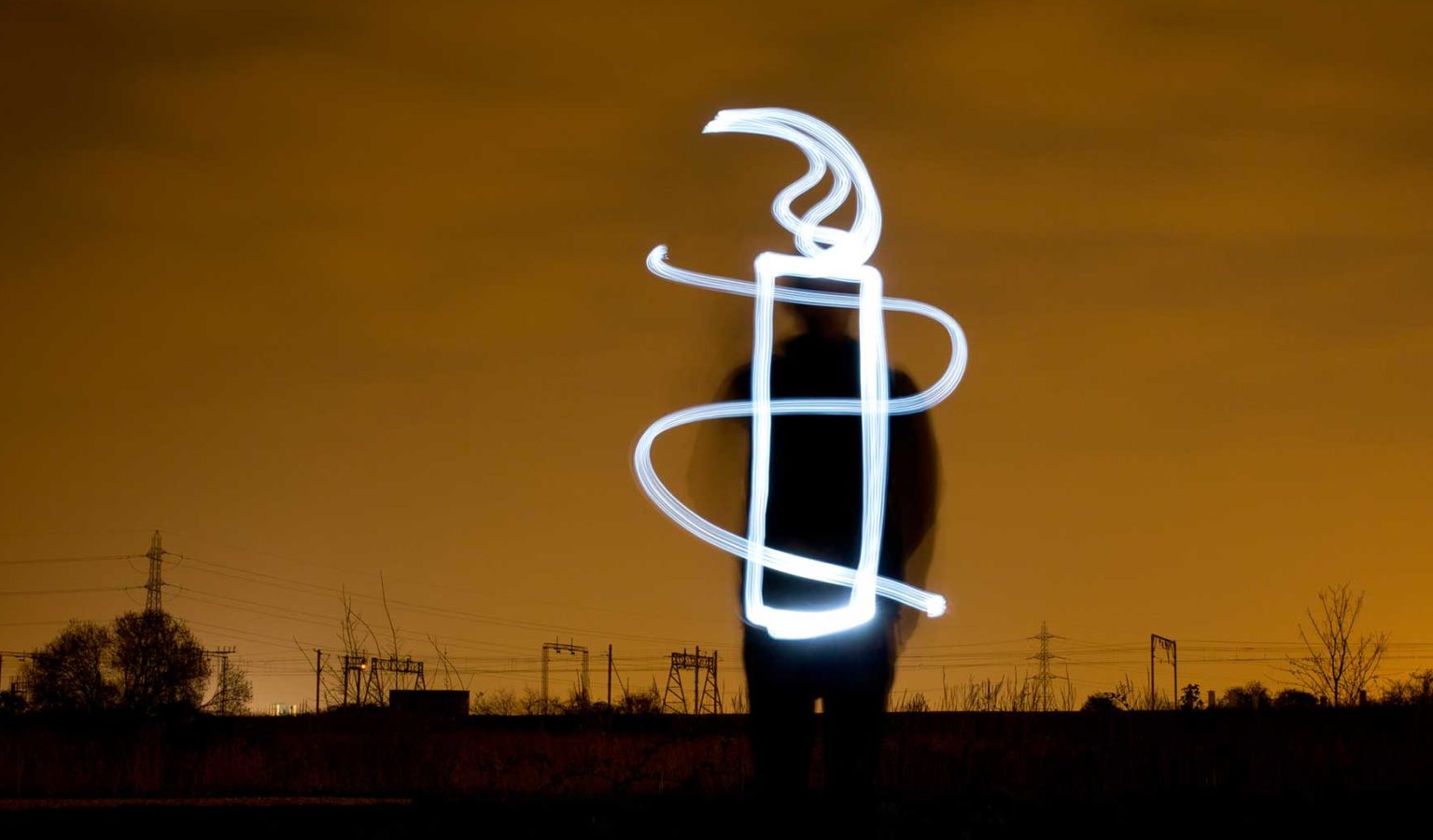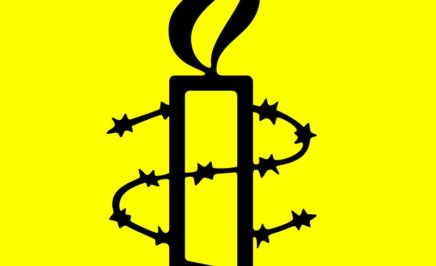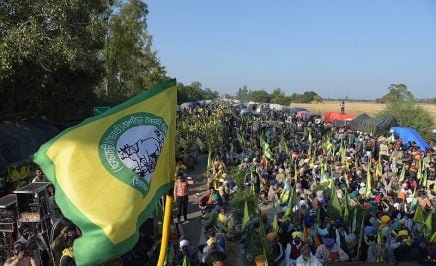You may have heard about large scale protests by Indian farmers which have been going on for several months. Protests began on the outskirts of Delhi on November 26 when farmers from Punjab and Haryana states marched to the city and created a number of protest sites. The protests are in response to new farm laws proposed by the Indian government which farmers say will hurt them to the benefit of large corporations.
What are the law reforms?
The proposed laws loosen rules around the sale, pricing and storage of farm produce, which protesters argue will end guaranteed prices for their crops and weaken their bargaining power, making them vulnerable to the whims of big business.
Indian Prime Minister Narendra Modi has defended the reforms, arguing the farmers will benefit from increased investment in India’s agricultural sector. However, the laws have been likened to a “death warrant” by unions.
What are the main human rights concerns?
While the protests have largely been peaceful, on January 26 there were incidents of violence when, following a pre-planned tractor rally, a convoy of tractors broke through barricades and converged on Delhi’s centre, where protesters clashed with police. Dozens of police officers were injured and a protester was killed in the ensuing demonstrations.
A peaceful assembly does not lose its peaceful character due to sporadic violence or unlawful behaviours of some individuals. Where a small minority tries to turn a peaceful assembly into a violent one, police should ensure that those who are protesting peacefully are able to continue to do so, and not use the violent acts of a few as a pretext to restrict or impede the exercise of rights of a majority.
Rather than investigating reports of violence against protesters and bringing suspected perpetrators to justice, the authorities have resorted to hindering access to protest sites, shutting down the internet, censoring social media and using draconian laws against protesters who have been peacefully voicing their opposition to the new laws for several months now.
The Indian government responded by suspending mobile internet services in three areas around the capital and increasing measures of suppression for a number of the protest sites. Officers, paramilitary and drones have been deployed at three of the camps – Ghazipur, Tikri and Singhu – and layers of concrete barriers, trenches, barbed-wire fences and iron nails in the roads have been used to cut off entry and exit to the sites. Water and food supplies have also been disrupted.
At least eight leading journalists and politicians have been charged with sedition after reporting on the farmers protests. They have been charged with misreporting, spreading disharmony and inciting riots via their tweets on Republic Day.
Mandeep Punia, a freelance journalist for The Caravan, was arrested on the evening of 30 January, shortly after The Caravan published a story in which he reported that the ruling Bharatiya Janata Party had sent activists to attack the protesting farmers. Initially accused of obstructing the police, and then of violence, Mandeep Punia was detained for an initial period of 14 days without being allowed to see a lawyer but was later granted bail.
On 1 February, hundreds of Indian Twitter accounts including those belonging to news websites, activists and actors were suspended for more than 12 hours after the government said users were posting content inciting violence due to their use of the hashtag #FarmersProtests. Twitter reversed its decision by the evening.
However two days later, on 3 February, the Indian government served a notice on Twitter to comply with an order to remove content and accounts related to hashtags linked to the farmers’ protest. The same day, many news media organizations reported that journalists’ access to the protest sites were being hindered by the police.
The UN Office of the High Commissioner on Human Rights called on 5 February for the Indian authorities and protesters to exercise “maximum restraint”, adding that the rights to freedom of peaceful assembly and expression should be protected both offline and online. India is a member of the Human Rights Council and a state party to the International Covenant on Civil and Political Rights (ICCPR).




